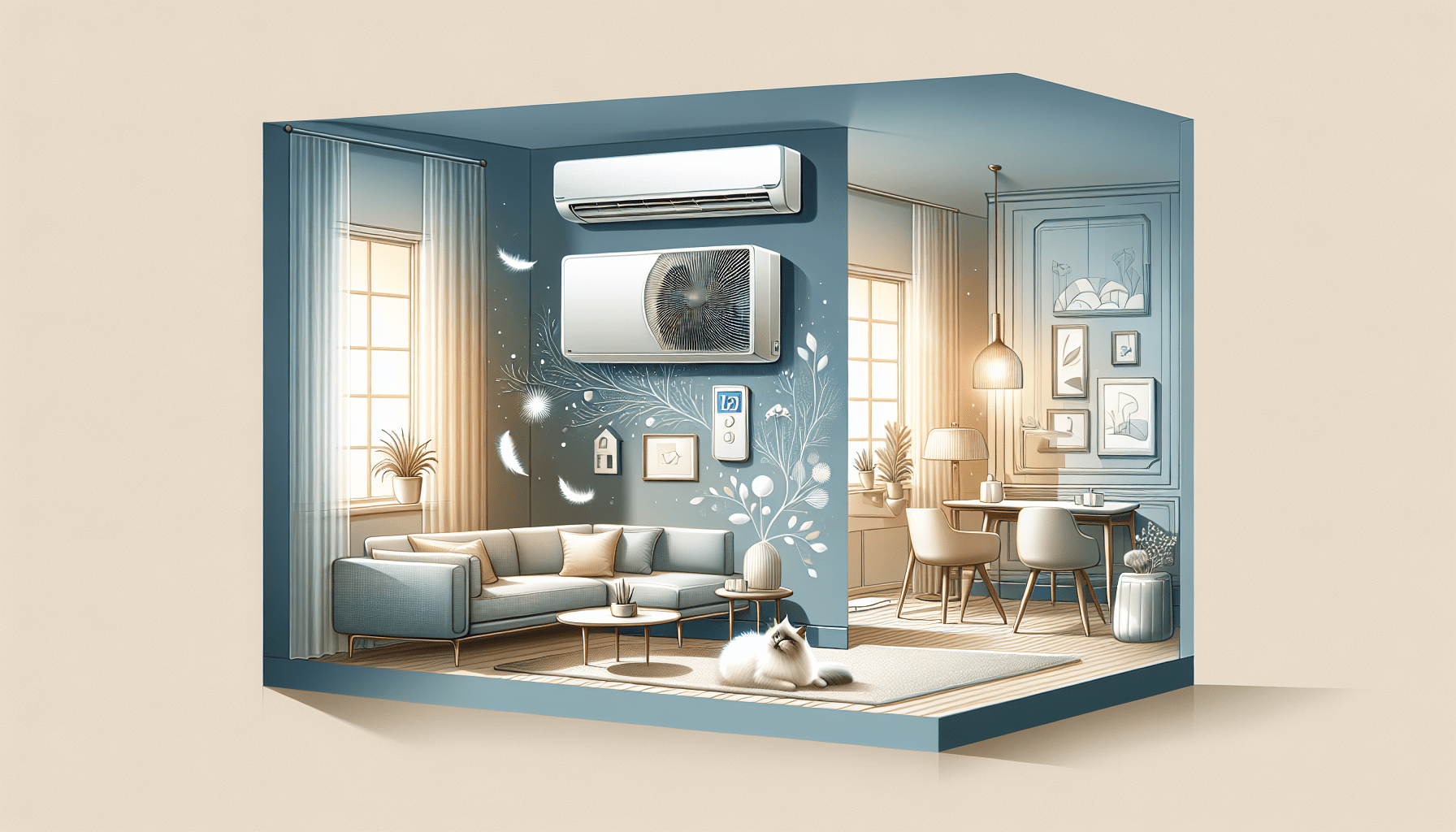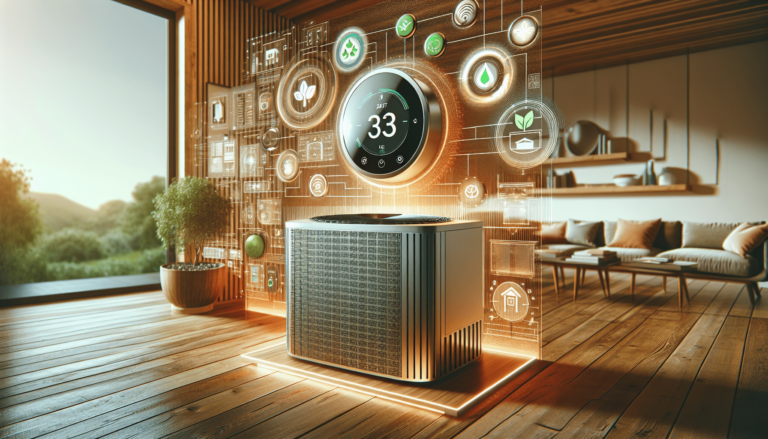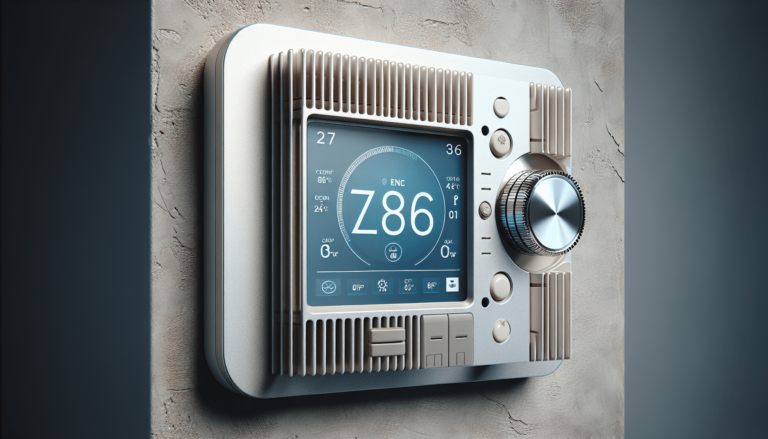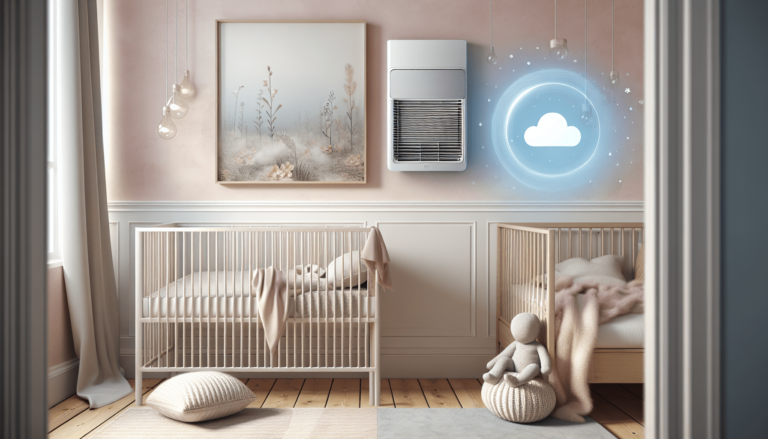

HVAC Services
Get Professional Repairs From The Area's Trusted HVAC Technicians. Ask About Our Services! We Offer Professional Heating & Cooling System Repairs And Guarantee Long-Lasting Results.
Got Question? Call us: (850) 678-2665Financing
HVAC Systems: Addressing The Noise Factor
Explore the noise factor in HVAC systems. Learn causes, impacts, and solutions to hush the roar of compressors and fans, ensuring peace at home or work.

Have you ever wondered why some HVAC systems are louder than others? Noise from heating, ventilation, and air conditioning systems can be more than just a nuisance. It can interfere with daily activities and disturb your peace at home or work. As you journey through the intricacies of HVAC systems and the noise they produce, you will hopefully find this information both enlightening and useful in making sound decisions about your environment.

Understanding HVAC System Noise
What Causes HVAC Systems to Be Noisy?
Understanding the root causes of HVAC noise can help you address this issue more effectively. Noise can emanate from various components of an HVAC system. Fans, compressors, and ductwork are common culprits. Older systems usually make more noise because parts wear over time. Vibrations add another layer of noise, turning what should be a whisper into an unwelcome roar.
Types of Noise in HVAC Systems
Noise in HVAC systems varies. Mechanical noise comes from moving parts like fans and compressors. Airflow noise occurs when air travels through ducts rapidly, creating friction and turbulence. Heat pumps can also produce a buzzing noise when the unit is operating in defrost mode. Recognizing these types allows for precise troubleshooting.
The Impact of HVAC Noise
Living or working in noisy environments can be stressful. Prolonged exposure to unwanted sounds can lead to decreased productivity and increased stress levels. Ignoring HVAC noise can also mask other issues within the system, potentially leading to costly repairs down the road.
Addressing Noise Issues
Regular Maintenance Is Key
regular maintenance is crucial in keeping your HVAC system running quietly. Scheduled check-ups can catch worn parts before they become problematic. Lubricating moving parts reduces friction noise. Additionally, cleaning or replacing filters can keep airflow noise at a minimum. Routine inspections should never be overlooked as they ensure the system operates smoothly and quietly.
Insulate Ductwork
Insulating your ductwork can significantly reduce noise. Insulation absorbs the vibrations and noises generated as air moves through the ducts. This action not only lowers noise levels but also improves your system’s efficiency by preventing heat loss.
Install Sound Barriers
If your system is still noisy after maintenance and insulation, consider installing sound barriers. Acoustic panels or foam can be added around the noisy components to dampen the sound. These barriers are especially useful in office settings where noise needs to be minimized to maintain a productive atmosphere.
The Role of Design in Reducing Noise
Choose Modern, Quieter Systems
Modern HVAC systems are designed with noise reduction in mind. These systems often include sound-absorbing materials and quieter fans. If your system is outdated, upgrading to a newer model may significantly reduce noise and improve efficiency. Energy-efficient systems also tend to be quieter, providing another reason to consider an update.
Proper Installation Matters
How an HVAC system is installed can greatly influence its noise levels. Proper installation ensures secure parts and well-sealed ductwork, both of which minimize noise. Always choose qualified professionals for the job to ensure optimal system performance.
Consider System Placement
The placement of your HVAC system impacts the amount of noise you hear. Keep outdoor units away from bedrooms or living areas to minimize disturbance. Placing systems on rubber pads can also help absorb vibrations, reducing noise.
DIY Tips for Tackling HVAC Noise
Tighten Loose Parts
Loose parts often cause rattling noises. A simple solution is to tighten these parts. Screws, panels, and other fasteners must be checked regularly. A screwdriver and wrench might become your new best friends.
Use Rugs and Carpets
While this may sound odd, rugs and carpets can absorb noise. If your unit is in or near a room with hardwood or tile floors, adding a thick rug can help dampen sound vibrations. A little interior decorating could go a long way in reducing noise.
Adjust Fan Speed
Higher fan speeds move more air, but they also create more noise. Lowering the fan speed can reduce noise significantly, though it may slightly impact cooling or heating efficiency. Find the balance that works best for your comfort and peace.

When Professional Help Is Needed
Know When to Call in the Experts
Sometimes, noise issues require professional intervention. If DIY methods aren’t effective, turn to a qualified HVAC technician. Persistent noise might indicate a larger problem that needs more than a screwdriver to fix. A professional can identify complex issues and provide solutions.
Trustworthy HVAC Service Providers
Choosing the right HVAC service provider ensures your system gets the attention it deserves. Reliable companies offer transparent pricing and thorough inspections. Look for businesses with good reviews and a customer-first approach. Tempacure Heating and Air Conditioning, for instance, might just be the service provider you need.
| Contact Information |
|---|
| Tempacure Heating and Air Conditioning |
| 325 Cedar Ave S, Suite B, Niceville, FL 32578 |
| (850) 678-2665 |
| tempacurehvac.com |
Reducing Noise in Commercial Settings
Specialized Solutions for Offices
Commercial settings have unique needs. Open offices amplify noise, so consider acoustic ceilings or special HVAC equipment for these spaces. Design plays a huge role in maintaining a calm working environment.
Employee Comfort and Efficiency
Reducing noise isn’t just about comfort; it’s about efficiency and morale, too. A quieter workspace can improve focus and productivity. This goes a long way in increasing job satisfaction and overall work output.
Future Trends in Quiet HVAC Systems
Technological Advances
Technology keeps evolving. innovations in HVAC systems concentrate on noise reduction. Expect quieter, more efficient systems with smart technology for better control and less disturbance. The future promises more peace and quiet.
The Eco-Friendly Angle
Sustainability is more than just a buzzword. Eco-friendly systems usually run quieter and more smoothly. These systems focus on energy efficiency and lower emissions, making them an excellent choice for anyone looking to make environmentally conscious decisions.
Final Thoughts
Your comfort and peace of mind should never be compromised by the incessant noise of an HVAC system. By understanding the root causes and exploring solutions, you can ensure a quieter, more efficient operation. Whether you decide to make the adjustments yourself or call in the pros, approaching the issue with the right knowledge can lead you to a more serene environment.







